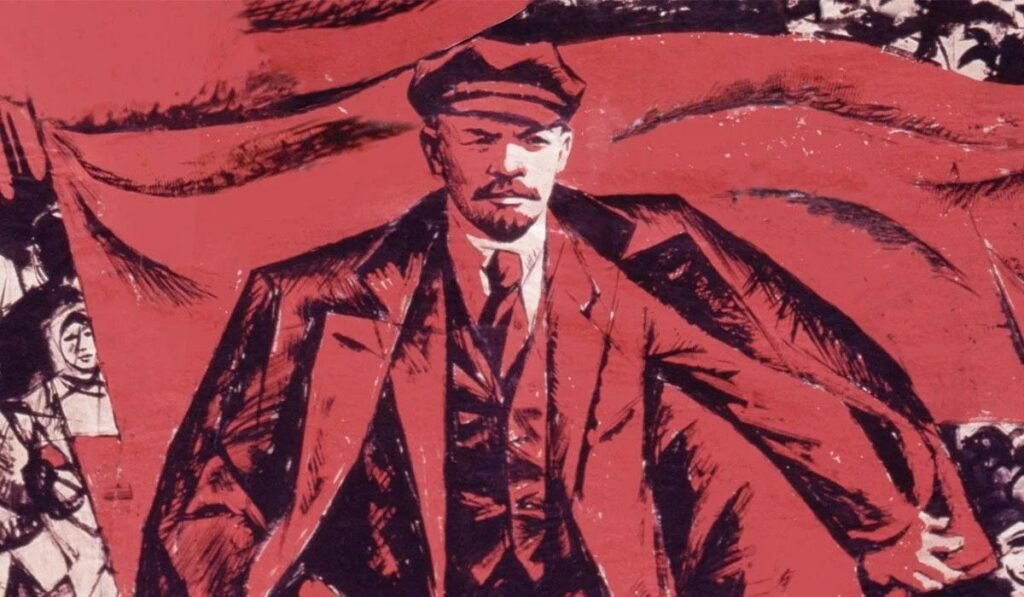Lenin’s understanding of imperialism must be seen first and foremost from the perspective of the global capitalist economy. His work Imperialism: The Highest Stage of Capitalism aimed to offer a comprehensive analysis of the global capitalist system and its international dynamics at the start of the 20th century. If, as Lenin argued in 1915, the world was converging into a single economic entity, then it became essential to study capitalism at a planetary level, because its mechanisms would play out on a global scale rather than just within individual nations.
However, the question arises as to why Lenin specifically used the term “imperialism” to describe this global economic structure. The concept of imperialism generally brings to mind various scenarios: colonialism, where a region is governed by a dominant power; military aggression, where one state attacks another; or a general drive for territorial expansion, as seen in the works of political theorists like Hannah Arendt. Yet, Lenin had a more precise meaning in mind. For him, this worldwide economic system was imperialist because it was inherently polarized, dividing the world into regions of oppressor and oppressed nations. The defining trait of imperialism, according to Lenin, was the division of the globe into many oppressed nations and a few dominant oppressor nations.
More specifically, Lenin argued that these nations were oppressed because they were systematically exploited. He described imperialism as the exploitation of hundreds of millions by a small number of very wealthy nations. This description remains strikingly relevant today, as the gap between living standards in the Global North and South continues to widen. Despite the globalization of production and the complex web of global supply chains that now connect consumers in wealthy nations to producers in poorer ones, the fundamental reality Lenin identified persists. What was once described as the exploitation of millions can now be seen as the exploitation of billions by a handful of affluent countries.
For Lenin, the economic theory of imperialism was crucial because it provided a framework for understanding the entire spectrum of social and political phenomena. In his time, this theory allowed him to link the rise of global monopoly capitalism with the colonial division of the world, the propensity for conflict among the Great Powers, and the split within the working class between those in colonized nations, who were super-exploited, and those in imperialist countries, who were co-opted with a share of monopoly profits. This latter group became susceptible to what Lenin called “social chauvinism” and “opportunism,” effectively blunting their revolutionary potential.
Thus, Lenin’s theory of imperialism was not confined to abstract academic debate. As György Lukács noted, it served as a “guide-line for all concrete action” and was as much about practice as it was about theory. To grasp the nature of imperialism, in Lenin’s view, was to understand how to act in the struggle against it.
In summary, Lenin’s anti-imperialist Marxism revolves around analyzing capitalism on a global scale, recognizing the division of the world into oppressor and oppressed nations, understanding the political and social implications of this economic structure, and ultimately, translating this theory into concrete revolutionary action. For Lenin, true theory finds its culmination in practice, and it is only through this lens that the full significance of his work on imperialism can be appreciated.


